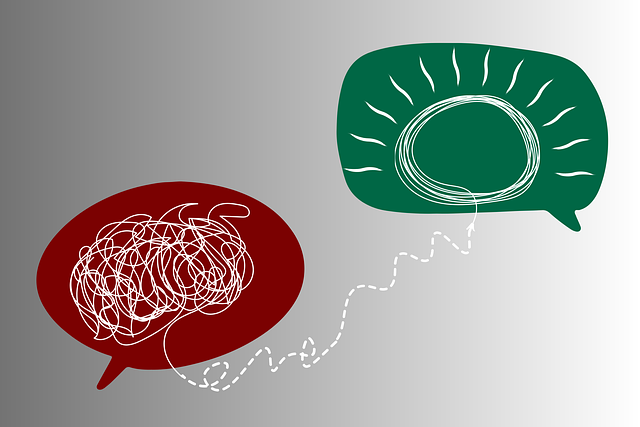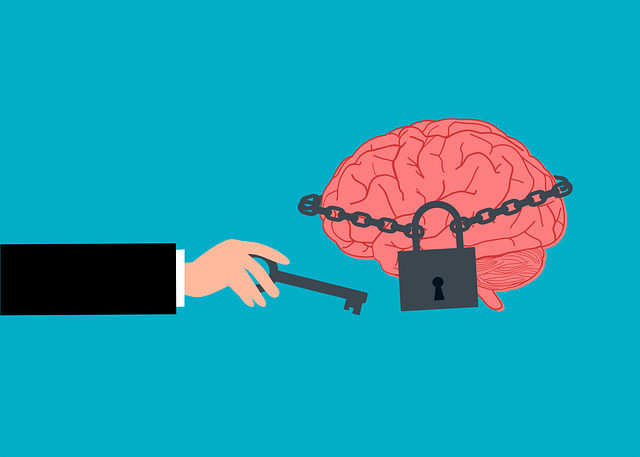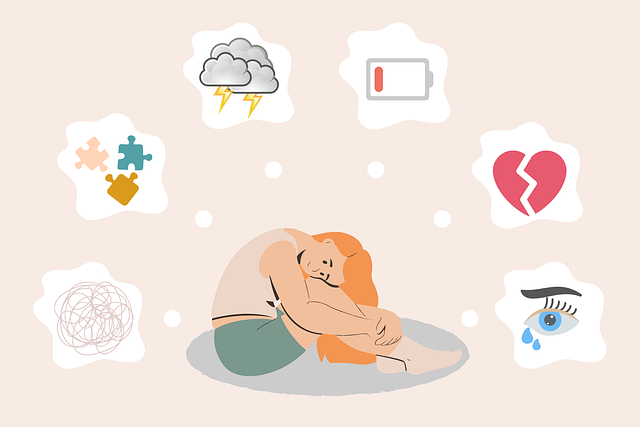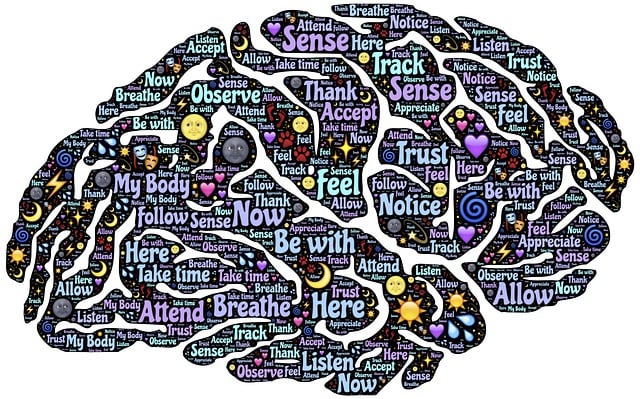Mental wellness journaling is a therapy for elders navigating major life transitions, offering a safe space to express thoughts and feelings privately, track daily experiences, and gain insights into psychological state. By cultivating self-awareness, emotional regulation, and resilience through writing, elders can manage stress, prevent depression, and process changes like retirement, bereavement, health issues, or relocation. Regular journaling, combined with community workshops or support groups, enhances mental wellness and fosters effective communication about sensitive topics.
Mental wellness journaling is a powerful tool that offers elders a unique form of therapy for major life transitions. This practice, involving reflective writing, can significantly enhance emotional well-being and resilience. The article explores how regular journaling can help navigate challenges associated with aging, such as retirement or loss. We delve into effective techniques, providing guidance for consistent mental wellness journal practice. By the end, you’ll discover simple strategies to unlock the therapeutic benefits of writing for elders.
- Understanding Mental Wellness Journaling for Elders
- Journaling as a Therapy during Major Life Transitions
- Effective Techniques and Tips for Consistent Practice
Understanding Mental Wellness Journaling for Elders

Mental wellness journaling can be a powerful tool for elders looking to navigate life’s challenges and transitions. It offers a safe and private space to express thoughts, feelings, and experiences, which is particularly beneficial during major life changes that can impact mental health. By documenting their daily experiences and emotions, elders can gain valuable insights into their psychological state and identify patterns or triggers contributing to stress or anxiety.
This practice aligns with the Mind Over Matter principles, emphasizing the role of self-reflection in managing mental wellness. Journaling encourages a positive relationship with one’s thoughts and emotions, fostering resilience and adaptability during difficult periods. Moreover, participating in regular self-care practices through journaling can reduce symptoms of depression and isolation commonly experienced by elders, especially when combined with stress management workshops organized by community centers or support groups.
Journaling as a Therapy during Major Life Transitions

Journaling has emerged as a powerful therapy for elders navigating major life transitions. It offers a safe and private space to process emotions, reflect on experiences, and gain perspective during times of change. By putting pen to paper, individuals can explore their thoughts and feelings in a way that may be challenging to express verbally. This practice fosters mental wellness by encouraging self-awareness, emotional regulation, and resilience – all crucial elements for managing the stress and uncertainty often associated with significant life shifts.
For instance, during retirement, journaling can help elders process feelings of loss related to leaving the workforce while also exploring new identities and purposes. Similarly, it can assist in adjusting to bereavement, major health diagnoses, or relocating to a different community. The act of recording personal experiences and reflections can serve as a form of social skills training, promoting self-expression and communication about sensitive topics. Additionally, regular journaling may help prevent depression by providing an outlet for negative emotions and fostering a sense of control during challenging transitions.
Effective Techniques and Tips for Consistent Practice

Mental wellness journaling can be a powerful tool for elders navigating major life transitions, offering a safe and private space to process emotions and experiences. Effective techniques include focusing on positive thinking by reflecting on daily gratitudes and successes, fostering mental health awareness through mindful observations of thoughts and feelings. This practice helps in mood management by allowing individuals to identify triggers and develop coping mechanisms.
Regularity is key; setting aside just 15 minutes each day for journaling can make a significant difference. Consistency fosters momentum and allows for the tracking of progress over time. Incorporate prompts tailored to specific needs, such as exploring fears during retirement or documenting achievements during periods of illness. The act of writing down thoughts and emotions can bring clarity, offer perspective, and ultimately enhance overall mental wellness.
Mental wellness journaling can be a powerful tool for elders, offering a therapeutic outlet during major life transitions. By understanding its benefits and employing effective techniques, individuals can foster resilience and enhance overall mental health. This simple yet profound practice encourages self-reflection and provides a space to navigate life’s challenges with greater clarity and purpose. Incorporating journaling into daily routines can be a transformative way to promote emotional well-being and improve quality of life, especially during significant changes.










